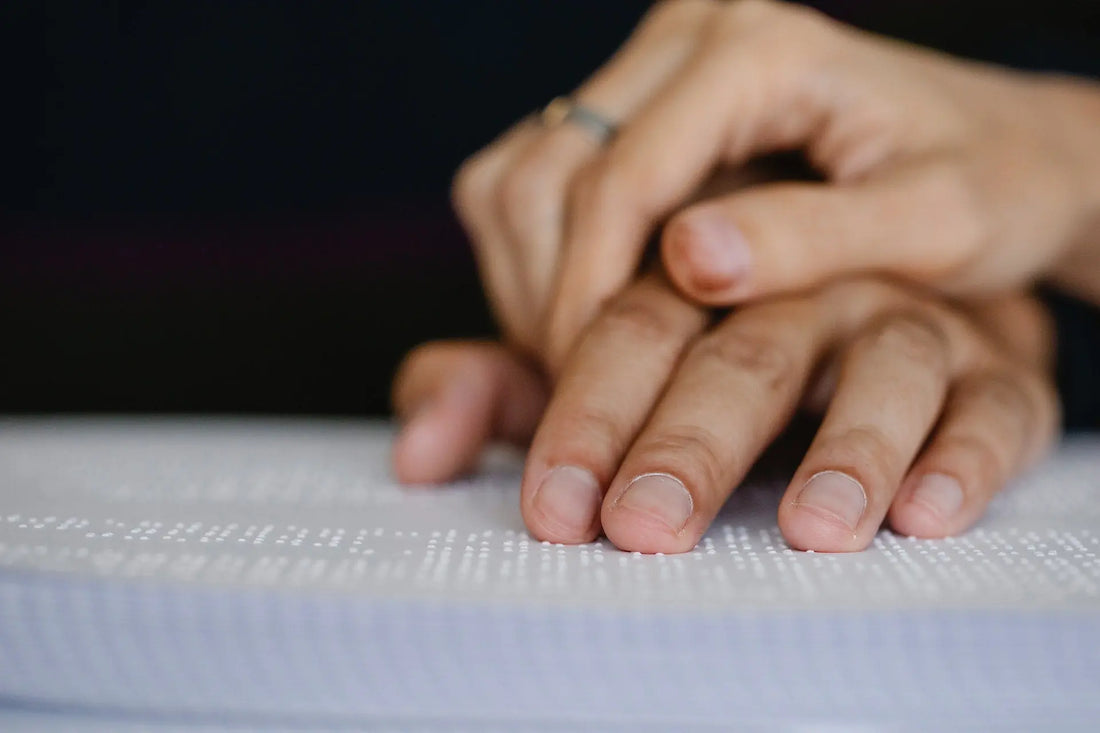Alexithymia FAQs: Answers to Important Questions

Are you struggling to understand your emotions? Do you feel like you have trouble describing your feelings to others? You may be experiencing alexithymia. Alexithymia is a psychological condition characterized by the inability to identify and describe one's own emotions. In this article, we will explore some common questions related to alexithymia, including its symptoms, causes, and treatment options.
What is Alexithymia?
Alexithymia is a psychological condition in which an individual has difficulty recognizing and describing their own emotions. People with alexithymia often struggle to identify and verbalize their feelings, and may appear emotionally detached or unresponsive to others.
The video above explains more about the different aspects of alexithymia.
What are the Symptoms of Alexithymia?
The symptoms of alexithymia can vary from person to person, but may include:
- Difficulty identifying and describing emotions
- Limited ability to express emotions
- A tendency to focus on external events rather than internal feelings
- Difficulty recognizing nonverbal cues, such as facial expressions or tone of voice
- A preference for routine and predictability
- Difficulty forming and maintaining close relationships
- Increased risk of developing mental health conditions, such as anxiety or depression
What Causes Alexithymia?
The exact causes of alexithymia are not fully understood, but researchers believe that a combination of genetic, environmental, and psychological factors may play a role. Some studies have suggested that individuals with alexithymia may have differences in brain structure or function that impact their emotional processing abilities.
How is Alexithymia Diagnosed?
There is no specific test or diagnostic criteria for alexithymia. However, mental health professionals may use a variety of assessments and interviews to evaluate an individual's emotional processing abilities and identify any potential issues with alexithymia.
Can Alexithymia be Treated?
While there is no cure for alexithymia, there are several treatment options available to help individuals manage their symptoms and improve their emotional awareness. These may include:
- Psychotherapy: Talking to a mental health professional can help individuals with alexithymia learn how to identify and express their emotions more effectively.
- Cognitive-behavioral therapy: This type of therapy focuses on changing negative thought patterns and behaviors that may be contributing to alexithymia symptoms.
- Mindfulness-based interventions: Practices such as meditation and deep breathing can help individuals with alexithymia become more aware of their internal experiences and develop a greater sense of emotional clarity.
Is Alexithymia Common?
Estimates suggest that between 10 and 15 percent of the general population may experience some degree of alexithymia. The condition is more common in men than women, and may be more prevalent in individuals with certain medical or psychiatric conditions, such as autism spectrum disorder or post-traumatic stress disorder (PTSD).
Are There Any Complications Associated with Alexithymia?
Alexithymia can increase the risk of developing a variety of mental health conditions, including anxiety, depression, and substance abuse. It may also contribute to relationship difficulties and interpersonal conflicts, as individuals with alexithymia may struggle to understand or communicate their emotions effectively.
Alexithymia FAQs: Commonly Asked Questions
In this section, we will answer some common questions related to alexithymia.
1. Can alexithymia develop later in life?
Yes, alexithymia can develop at any point in an individual's life. Some people may develop alexithymia as a result of a traumatic experience, while others may develop the condition gradually over time.
2. Is alexithymia a form of depression?
Alexithymia is not a form of depression, although it can increase the risk of developing depression or other mental health conditions. While depression is characterized by feelings of sadness, hopelessness, and loss of interest, alexithymia refers specifically to difficulties in recognizing and describing one's own emotions.
3. Can medication help with alexithymia?
There are no medications specifically designed to treat alexithymia. However, some individuals with the condition may benefit from medications used to treat co-occurring mental health conditions, such as anxiety or depression.
4. Can alexithymia be cured?
There is currently no known cure for alexithymia. However, many individuals with the condition are able to manage their symptoms and improve their emotional awareness through a variety of treatment options.
5. Can alexithymia be inherited?
Research suggests that there may be a genetic component to alexithymia, although the exact genes involved have not yet been identified. However, environmental and psychological factors may also play a role in the development of the condition.
6. How can I help someone with alexithymia?
If you know someone with alexithymia, there are several things you can do to support them. These may include:
- Encouraging them to seek professional help
- Avoiding judgment or criticism of their emotional abilities
- Using clear, direct communication when interacting with them
- Being patient and understanding in your interactions
- Offering emotional support and validation when needed
Learning how to communicate with adults with autism may be beneficial in communication strategies.
Conclusion
Alexithymia is a complex condition that can have significant impacts on an individual's emotional awareness and overall mental health. While there is no known cure for the condition, many treatment options are available to help individuals manage their symptoms and improve their emotional processing abilities. By increasing awareness and understanding of alexithymia, we can work towards creating a more supportive and inclusive society for individuals with this condition.
If you suspect that you or someone you know may be experiencing alexithymia, it is important to seek professional help. With the right support and resources, it is possible to manage the symptoms of alexithymia and live a fulfilling, emotionally rich life.



